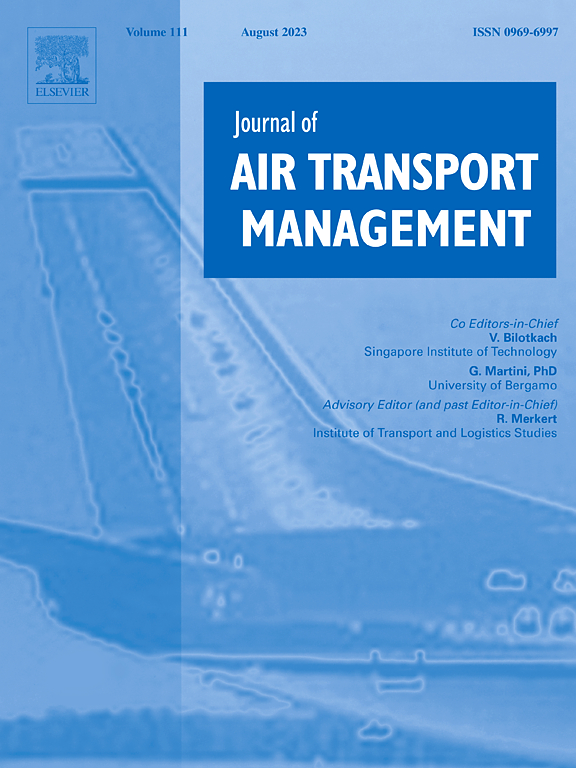Integrating FMEA and HFACS to assess the risk to airport operations
IF 3.6
2区 工程技术
Q2 TRANSPORTATION
引用次数: 0
Abstract
Airports are complex systems exposed to various operational risks that can disrupt services and compromise safety. Despite extensive research on risk management across industries, there is a lack of comprehensive methodologies tailored to airport operations. We present a comprehensive risk assessment framework that integrates human factor analysis with quantitative evaluation to predict and mitigate failures in critical airport systems. The model integrates the Human Factors Analysis and Classification System (HFACS) with Failure Modes and Effects Analysis (FMEA) to identify risk modes. To address uncertainty in expert assessments, Interval-Valued Intuitionistic Fuzzy Numbers (IVIFN) and Interval-Valued Intuitionistic Fuzzy Weighted Averaging (IIFWA) are employed. The Best-Worst Method (BWM) determines the weights of the risk factors, while the Combined Compromise Solution (CoCoSo) facilitates the comparative evaluation of risk scenarios. A case study on airport power system failures serves to validate the model, effectively identifying and prioritizing critical risks. This integrated model delivers a more accurate and reliable foundation for airport risk assessment, supporting informed decision-making and improved operational safety and efficiency.
整合FMEA和HFACS,评估机场运营风险
机场是一个复杂的系统,面临着各种运营风险,可能会中断服务并危及安全。尽管对各行业的风险管理进行了广泛的研究,但缺乏针对机场运营的综合方法。我们提出了一个综合风险评估框架,将人为因素分析与定量评估相结合,以预测和减轻关键机场系统的故障。该模型将人因分析与分类系统(HFACS)与失效模式与影响分析(FMEA)相结合,识别风险模式。为了解决专家评估中的不确定性,采用区间直觉模糊数(IVIFN)和区间直觉模糊加权平均(IIFWA)。最佳最坏法(BWM)确定了风险因素的权重,而组合折衷方案(CoCoSo)便于对风险情景进行比较评估。机场电力系统故障的案例研究有助于验证该模型,有效地识别和优先考虑关键风险。这一综合模型为机场风险评估提供了更准确和可靠的基础,支持明智的决策,提高运营安全和效率。
本文章由计算机程序翻译,如有差异,请以英文原文为准。
求助全文
约1分钟内获得全文
求助全文
来源期刊

Journal of Air Transport Management
TRANSPORTATION-
CiteScore
12.40
自引率
11.70%
发文量
97
期刊介绍:
The Journal of Air Transport Management (JATM) sets out to address, through high quality research articles and authoritative commentary, the major economic, management and policy issues facing the air transport industry today. It offers practitioners and academics an international and dynamic forum for analysis and discussion of these issues, linking research and practice and stimulating interaction between the two. The refereed papers in the journal cover all the major sectors of the industry (airlines, airports, air traffic management) as well as related areas such as tourism management and logistics. Papers are blind reviewed, normally by two referees, chosen for their specialist knowledge. The journal provides independent, original and rigorous analysis in the areas of: • Policy, regulation and law • Strategy • Operations • Marketing • Economics and finance • Sustainability
 求助内容:
求助内容: 应助结果提醒方式:
应助结果提醒方式:


